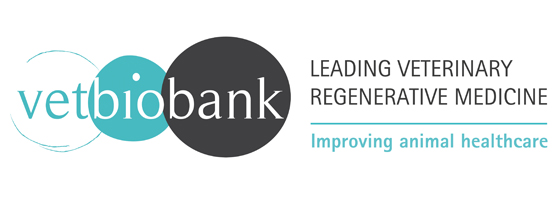Background: The growing interest in mesenchymal stromal cells (MSCs) in equine medicine, together with the development of MSC biobanking for allogeneic use, raises concerns about biosafety of such products. MSCs derived from umbilical cord (UC) carry an inherent risk of contamination by environmental conditions and vertical transmission of pathogens from broodmares. There is yet no report in the scientific literature about horses being contaminated by infected MSC products, and no consensus about systematic infectious screening of umbilical cord-derived mesenchymal stromal cells (UC-MSCs) to ensure microbiological safety of therapeutic products.
Objectives: To develop a standard protocol to ensure UC-MSC microbiological safety and to assess the risk of vertical transmission of common intracellular pathogens from broodmares to paired UC-MSCs.
Materials and Methods: : Eighty-four UC and paired peripheral maternal blood (PMB) samples were collected between 2014 and 2016. Sterility was monitored by microbiological control tests. Maternal contamination was tested by systematical PMB PCR screening for 14 pathogens and a Coggins test. In case of a PCR-positive result regarding one or several pathogen(s) in PMB, a PCR analysis for the detected pathogen(s) was then conducted on the associated UC-MSCs.
Results: : Ten out of 84 UC samples were contaminated upon extraction and 6/84 remained positive in primo culture. The remaining 78/84 paired PMB & UC-MSC samples were evaluated for vertical transmission; 37/78 PMB samples were PCR positive for Equid herpesvirus (EHV)-1, EHV-2, EHV-5, Theileria equi, Babesia caballi, and/or Mycoplasma spp. Hepacivirus was detected in 2/27 cases and Theiler Diseases Associated Virus in 0/27 cases (not performed on all samples due to late addition). All paired UC-MSC samples tested for the specific pathogen(s) detected in PMB were negative (37/37).
Main Limitations: More data are needed regarding MSC susceptibility to most pathogens detected in PMB.
Conclusions: In-process microbiological controls combined with PMB PCR screening provide a comprehensive assessment of UC-MSC exposure to infectious risk, vertical transmission risk appearing inherently low.












